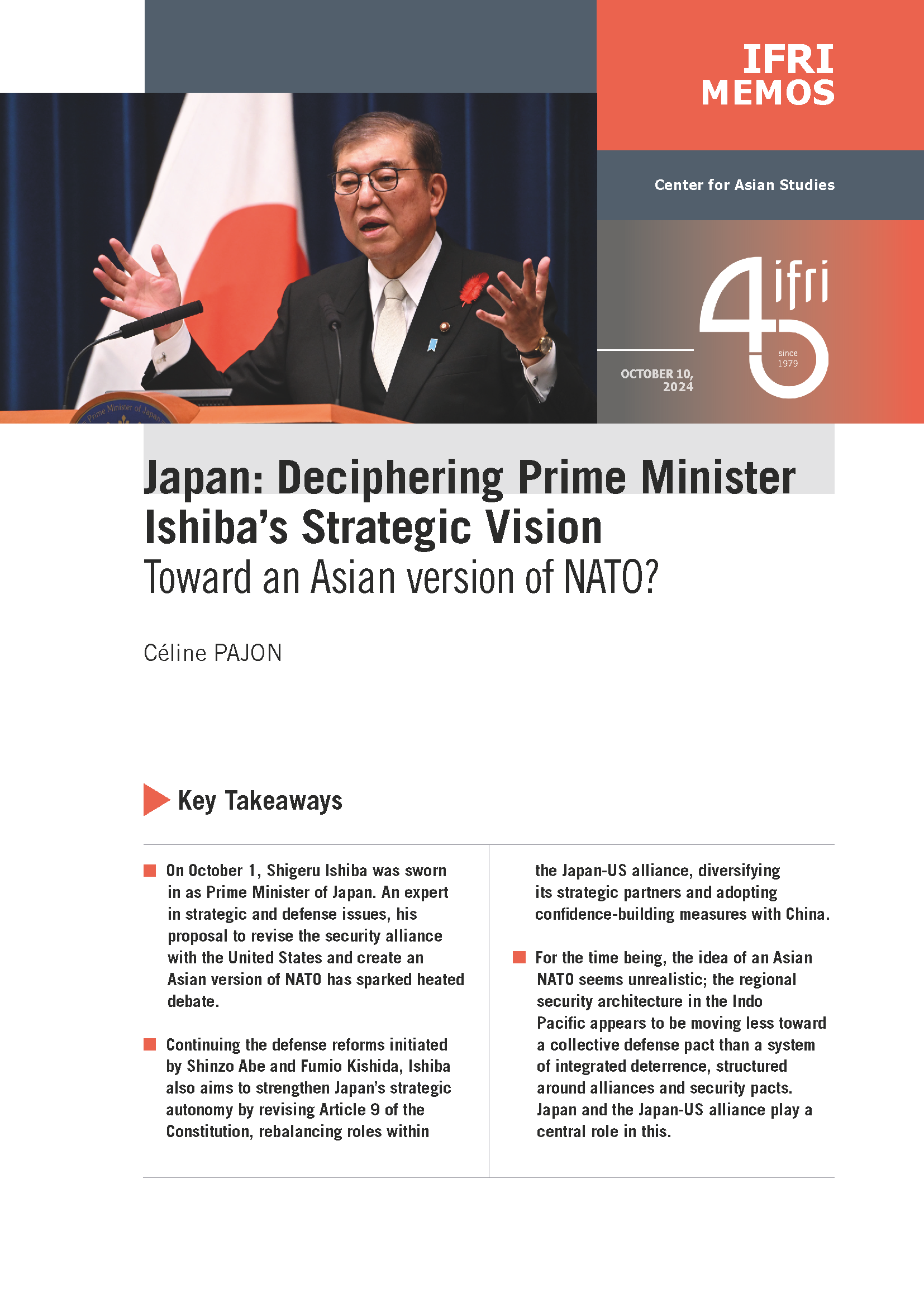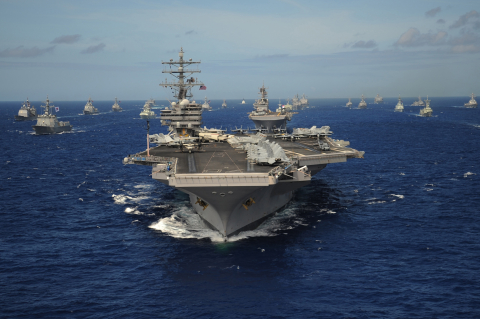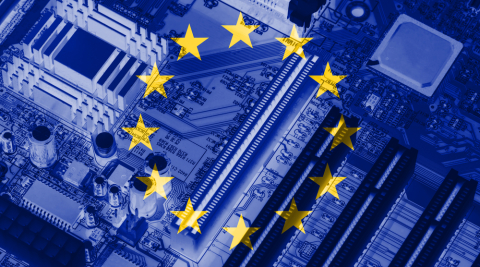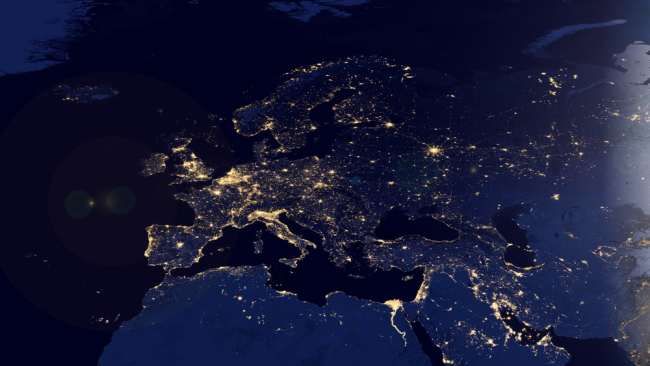Europe
Europe is described here in a geographical sense. It is not limited to the European Union, and includes, for example, the United Kingdom and the Balkans. It remains central to international relations.
Related Subjects
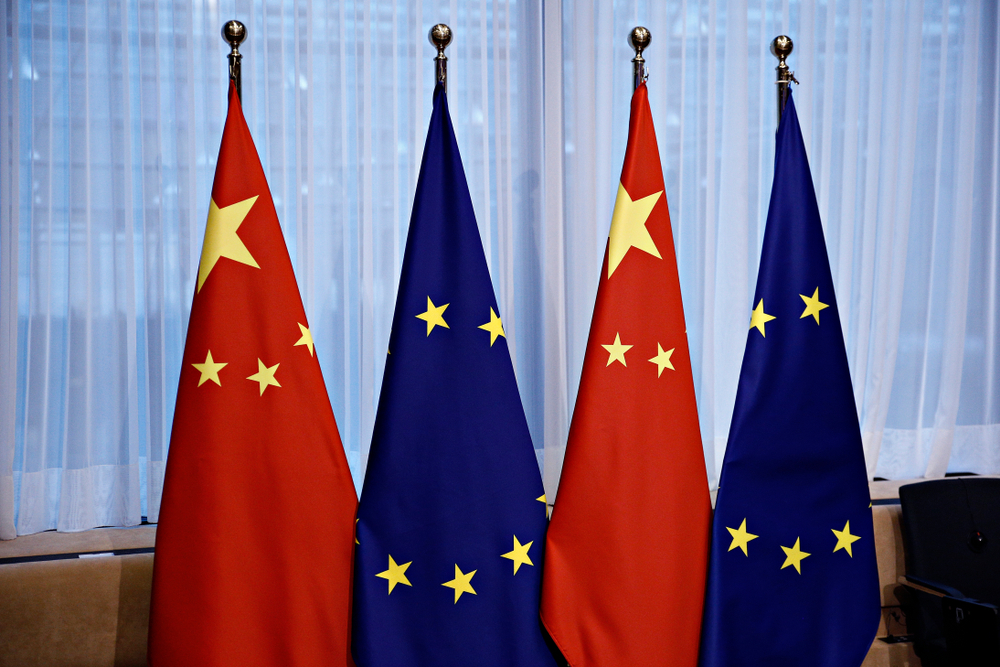
The Future of Europe’s Strategic Deterrence is (also) at Sea
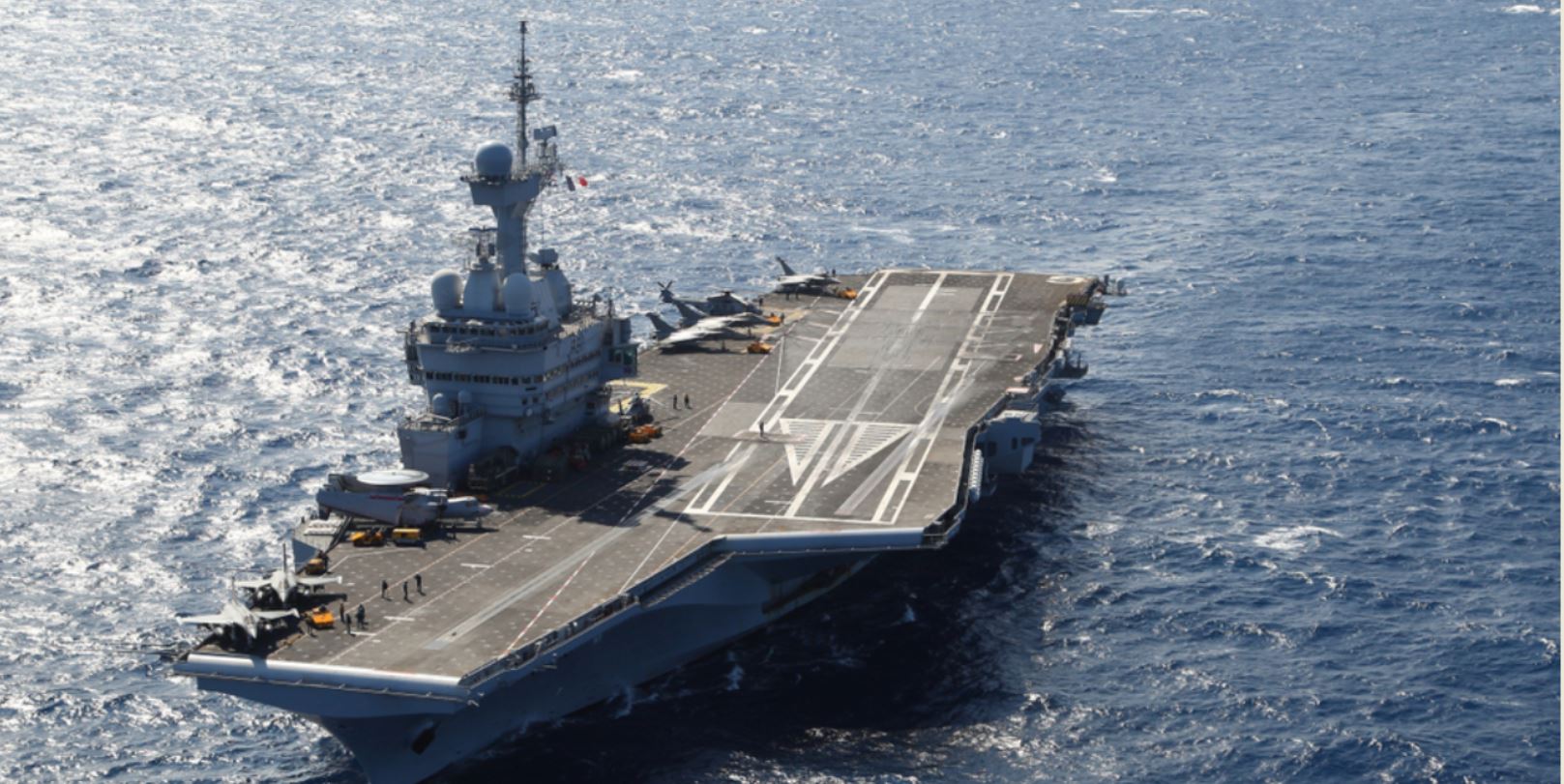
A cursory look at both France and the UK suggests that the future of European nuclear deterrence is at sea.

5G and the US-China Tech Rivalry – a Test for Europe’s Future in the Digital Age
How Can Europe Shift from Back Foot to Front Foot?
Assessing Europe's Space Dependency and Its Implications
It is a classic exercise to imagine what today’s world would be like if all satellites were shut down. The exact consequences of such a scenario, which is not unlikely given the inherent vulnerability of space systems to natural, accidental and deliberate interferences, are however difficult to appreciate, even for specialists.
Does a European diplomacy exist?
An interview with Thierry de Montbrial, Founder and Executive Chairman of the Ifri, on the occasion of his participation in the Trilateral Commission.


China or the US? Europe’s ‘impossible choice’ in the trade war
Growing tensions between China and the United States over the escalating trade dispute – and the resulting global uncertainty – are forcing other countries to choose between the two economic superpowers.

The European Union in Crisis: What Challenges Lie ahead and Why It Matters for Korea
The EU is currently undergoing serious challenges from inside such as Brexit and strengthening Euroscepticism, rising populism and changing political geography, anti-immigration moods as well as retarded economic recovery.


Désinfox: no, Europe is not under Germany's rule
Since the financial crisis of 2008, has the balance of power between France and Germany shifted in favor of Berlin? Does Angela Merkel alone decide on the conduct of the European Union? The answer obviously deserves to be nuanced.


European Elections: in Germany, traditional parties in the hot seat?
On May 26, the Germans will go to the polls to elect their MEPs. An important election for Germany, where political parties have been in the process of restructuring since the last federal election.
Russia-Ukraine Gas Relations: The Mother of All Crises or a New Start to 2030?
Ten years after the January 2009 gas crisis, Russian-Ukrainian gas relations are at another turning point: the then concluded contracts are terminating on 31 December 2019. While trilateral talks brokered by the European Commission (EC) have started in July 2018, the real negotiations about the future of this relationship can be expected to start no earlier than in December, that is in the midst of the winter and a second to midnight. Crucial months lie ahead.


Brexit pressures expose cracks in Franco-German relationship
Angela Merkel insists that the EU should avoid “putting pressure” on Britain when it comes to Brexit. After a wearying, six-hour EU summit in Brussels, the German chancellor said it was important to give the British “more space” to “make their own choices”. [...]
Seven Years of The 16+1: An Assessment of China’s ‘Multilateral Bilateralism’ in Central Europe
Since mid-2012, in the wake of the global financial crisis, China has sought to reinvigorate relations with Central and Eastern Europe (CEE), notably through the creation of the 16+1 formula.
Support independent French research
Ifri, a foundation recognized as being of public utility, relies largely on private donors – companies and individuals – to guarantee its sustainability and intellectual independence. Through their funding, donors help maintain the Institute's position among the world's leading think tanks. By benefiting from an internationally recognized network and expertise, donors refine their understanding of geopolitical risk and its consequences on global politics and the economy. In 2024, Ifri will support more than 70 French and foreign companies and organizations.




